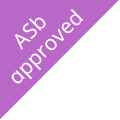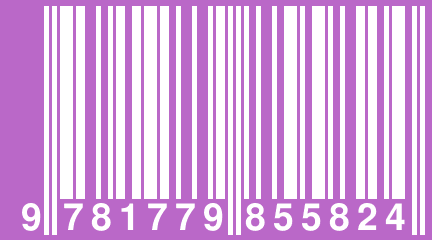
Heritage Day
Ndivhuho Mutsila
Thulisile Shongwe

English
First paragraphs
——
In South Africa, Heritage Day is a public holiday on 24 September.
-
This book is about Heritage Day. You will find out about this public holiday, and why it is important in South Africa.1
Our origins are where we come from, they are part of our heritage. All people have origins.
-
South Africa has different cultures and we also have shared cultures.-
South Africans celebrate our different origins and cultures by coming together on Heritage Day.2
The South African heritage is colourful and beautiful. Every South African has a heritage we are proud of!
-
Our cultures have different foods and drinks, traditional outfits, songs, and dances.3
Our different traditions have diverse religions, rituals, and clans.
-
People in South Africa speak many different languages. The country has 11 official languages.-
Do you know how to say 'Heritage Day' in all our official languages?4
Ilanga lamaGugu (isiNdebele)
Usuku lwaMafa (isiXhosa)
Usuku lwamagugu (isiZulu)
Letšatši la Bohwa (Sepedi)
Letsatsi la Botjhaba (Sesotho)
Letsatsi la Ngwaoboswa (Setswana)
Lilanga Lemagugu (Siswati)
Ḓuvha ḽa Vhufa (Tshivenḓa)
Siku ra Ndzhaka (Xitsonga)
Erfenisdag (Afrikaans)
Usuku lwaMafa (isiXhosa)
Usuku lwamagugu (isiZulu)
Letšatši la Bohwa (Sepedi)
Letsatsi la Botjhaba (Sesotho)
Letsatsi la Ngwaoboswa (Setswana)
Lilanga Lemagugu (Siswati)
Ḓuvha ḽa Vhufa (Tshivenḓa)
Siku ra Ndzhaka (Xitsonga)
Erfenisdag (Afrikaans)
5
During apartheid, 24 September was known as Shaka Day.
-
After apartheid, the parliament changed Shaka Day to Heritage Day. They made it a day for all South Africans to celebrate.-
We celebrate our differences and our shared heritage.6
The South African Constitution has important laws that guide us. It contains laws that support and protect our rights.
-
The Constitution says that we are all equal.-
No person is more equal than another person!7
The Constitution says that people must not discriminate against one another.
-
We must treat one another with respect.-
Everyone has the same rights. We all have language, religious, and cultural rights.8
On Heritage Day, South Africans celebrate in different ways.
-
Some honour their ancestors through praise singing. Others visit their ancestors’ graves.-
Some enjoy singing traditional songs and dancing traditional dances. Some enjoy cooking traditional foods.9
People dress in colourful and vibrant outfits. They wear miṅwenda, seshoeshoe, swibhelane, and other traditional clothes.
-
When South Africans celebrate Heritage Day, we also celebrate our national symbols. National symbols are animals and plants that are part of our shared heritage.10
South Africa’s national symbols:
-
The Springbok is the national animal.-
The Blue Crane is the national bird.-
The Real Yellowwood is the national tree.-
The Protea is the national flower.-
The Galjoen is the national fish.11
Schools hold Heritage Day celebrations just before the public holiday arrives.
-
Children dress in their traditional clothes and tell others in class what they know about their heritages.-
They try each other’s traditional dishes, and dance traditional dances.12
South Africa’s heritage celebrations should also be pan-African! Proud children of Africa say:
-
I’m Namunya. I’m wearing a shuka.-
I’m Adilah. I’m wearing a kaftan.-
I’m Isoka. I’m wearing a gele.-
I’m Sipho. I’m wearing a bheshu.13
——Questions
- When and why is Heritage Day celebrated?
- Name four of South African’s national symbols.
- Write the words for ‘Heritage Day’ in two languages other than your language.
14
——Books in this series
- Freedom Day
- Heritage Day
- Human Rights Day
- Reconciliation Day
- Women's Day
- Workers' Day
- Youth Day
15
——
This storybook was created and written in Tshivenḓa, as part of the Zenex Ulwazi Lwethu reading materials project in 2020.
16

Attribution CC BY

Your attribution should include the following:
Title: Heritage Day
Author/s: Ndivhuho Mutsila
Translator/s: Ndivhuho Mutsila
Illustrator/s: Thulisile Shongwe
Assurer/s: African Storybook
Language: English
© Zenex Foundation - Saide 2024
Title: Heritage Day
Author/s: Ndivhuho Mutsila
Translator/s: Ndivhuho Mutsila
Illustrator/s: Thulisile Shongwe
Assurer/s: African Storybook
Language: English
© Zenex Foundation - Saide 2024
CC BY includes the following elements:
BY – Credit must be given to the creator
– Credit must be given to the creator
BY
 – Credit must be given to the creator
– Credit must be given to the creator